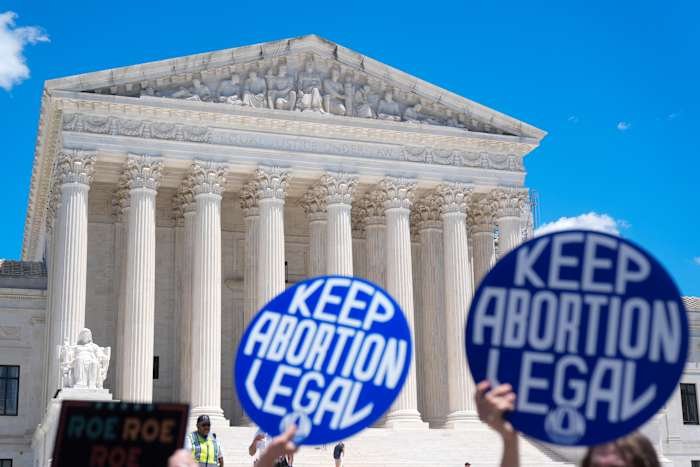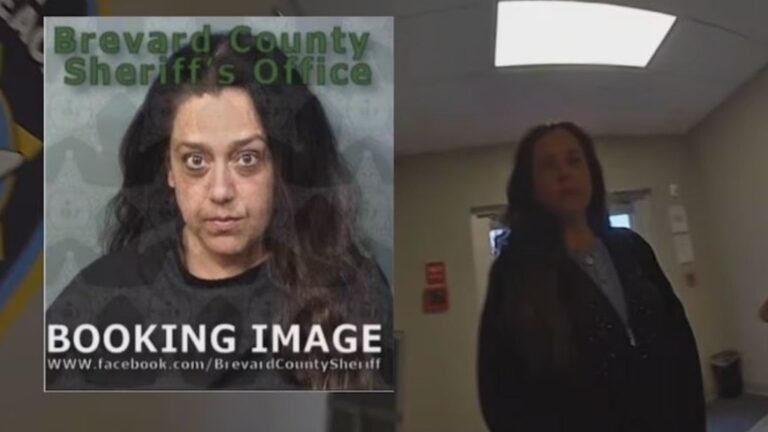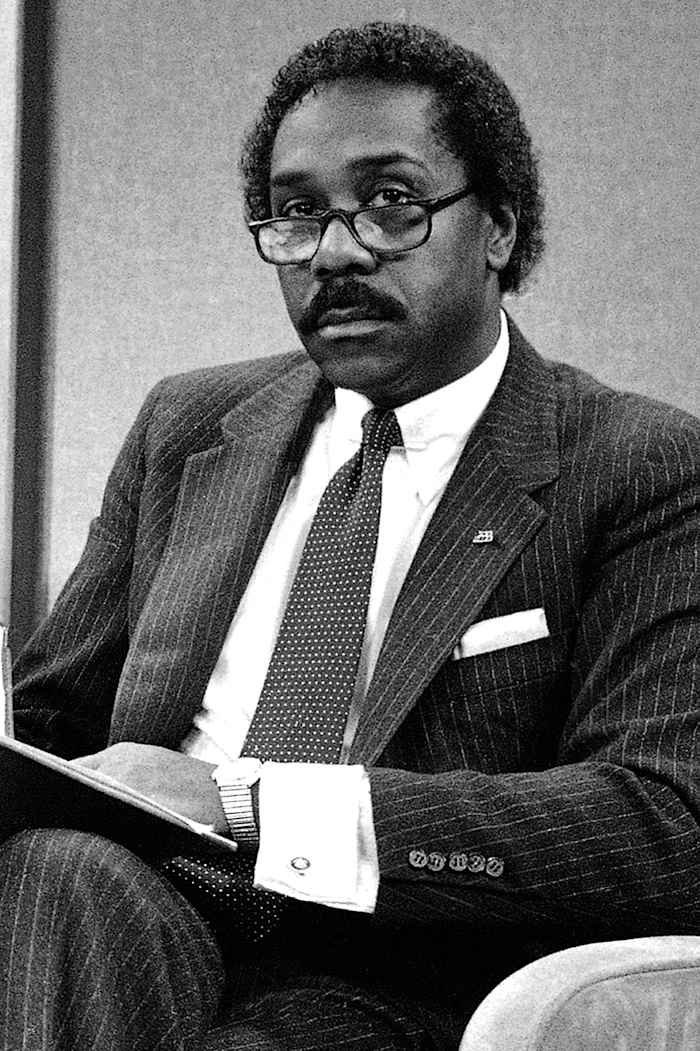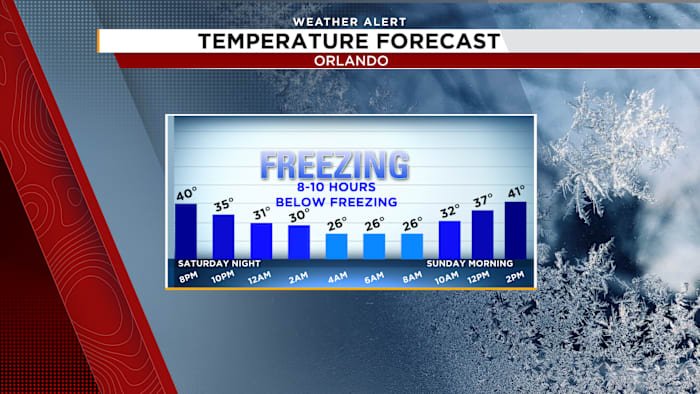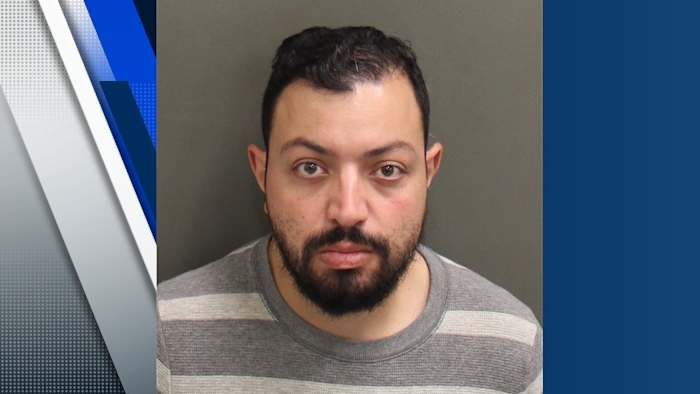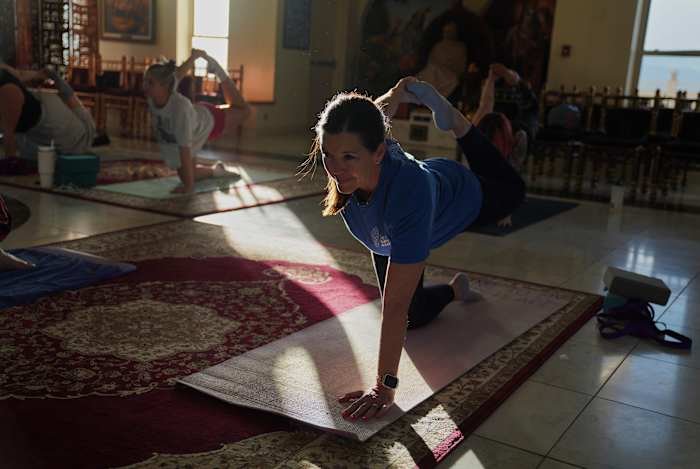Three years have passed since the Supreme Court’s historic decision to overturn Roe v. Wade, changing the legal landscape for abortion across the United States. In that time, access to abortion has shifted dramatically, with states enacting a wide range of restrictions or protections. Yet, a recent AP-NORC poll reveals that the views of many Americans—adults in Orlando and beyond—remain surprisingly consistent when it comes to abortion rights. As Florida continues to navigate new laws and ongoing debates, understanding these national trends can help Orlando residents make sense of where their community fits in the larger picture.
Overview of the AP-NORC Poll Results
The latest nationwide poll by The Associated Press-NORC Center for Public Affairs Research offers a fresh look at American attitudes toward abortion three years after the Supreme Court’s Dobbs v. Jackson Women’s Health Organization decision. According to the survey, public support for legal abortion has remained stable, with about 61% of U.S. adults saying abortion should be legal in most or all cases. This number is nearly unchanged from polls conducted just before the Court’s decision in 2022.
In the wake of changing laws and heightened political debate, the poll found that:
- Roughly two-thirds of Americans do not support a nationwide ban on abortion.
- Most respondents believe abortion should be legal in cases of rape, incest, or when the mother’s health is at risk.
- About 32% of adults think abortion should be illegal in most or all cases, a number that has also held steady since the overturning of Roe v. Wade.
These results highlight a divide between changing state laws and the steady opinions of most Americans, including those here in Orlando, where state-level decisions have had a direct impact on local access.
How Abortion Laws Have Changed—And What It Means for Orlando
In the three years since Roe was overturned, abortion access in Florida—and by extension, Orlando—has shifted significantly. In 2024, Florida enacted a six-week abortion ban, one of the strictest in the country, replacing its previous 15-week limit. This change has placed Florida at the center of the national abortion debate, especially as neighboring states have enacted near-total bans, making Orlando a destination for those seeking care.
For Orlando residents, these changes have meant:
- Reduced access to abortion services within city limits and the greater Central Florida area.
- Increased demand at local clinics as residents from other states, particularly the Deep South, travel to Orlando seeking care.
- Heightened political activism and advocacy on both sides of the issue, with rallies and public forums occurring regularly in downtown Orlando.
The AP-NORC poll shows that even as laws become more restrictive, public opinion in Florida remains complex, often reflecting the national trend of steady support for abortion rights.
Demographics and Differences in Opinion
The AP-NORC poll also breaks down abortion attitudes by age, religion, political affiliation, and geography. Here are some of the key findings:
- Age: Younger adults (ages 18-29) are the most supportive of legal abortion, with roughly 70% in favor. Support declines somewhat with age, but a majority of every age group supports legal abortion in some or all cases.
- Religion: White evangelical Protestants are the most likely to oppose legal abortion, while those who identify as religiously unaffiliated are the most supportive.
- Political Affiliation: Democrats overwhelmingly support legal abortion (about 81%), while Republicans are more divided, with 44% supporting legality in most or all cases.
- Geography: Urban areas, such as Orlando, tend to show higher support for abortion rights compared to rural areas, though there is still significant diversity of opinion within cities.
These demographic differences play out in Orlando, a city known for its political and cultural diversity. The city’s younger population, mix of religions, and urban setting may explain why local attitudes often align with national trends of support for abortion rights—even as the state government takes a more restrictive approach.
The Future of Abortion Rights in Orlando and Across Florida
Looking forward, the debate over abortion rights in Orlando and the rest of Florida is far from settled. Several advocacy groups are pushing for a ballot initiative in November that could enshrine abortion rights in the state constitution, potentially rolling back some of the recent restrictions. Meanwhile, legal challenges to the six-week ban are making their way through the courts, and policymakers on both sides remain active in shaping the future of reproductive rights in the Sunshine State.
For Orlando residents, these developments raise important questions:
- How will local clinics and hospitals navigate new regulations?
- What resources will be available for those seeking information or support?
- How will the outcome of the November ballot, if it happens, affect everyday life in Orlando?
As the AP-NORC poll shows, while laws may change quickly, public opinion tends to evolve more slowly. Understanding where Orlando fits in this larger national conversation is key to staying informed and engaged on one of the most important issues of

